BPC-157, a peptide gaining attention in clinical trials, exhibits promising potential in various aspects of well-being. This bioactive compound is recognized for its proposed benefits in healing, particularly in the realms of tendon repair, gut health, and cognitive function.
BPC-157, short for Body Protection Compound-157, is a synthetic peptide derived from a naturally occurring protein. While it’s important to note that discussions are centered around research involving subjects rather than direct human application, the peptide’s diverse range of potential benefits has captured scientific interest.
Healing and Tendon Repair: One notable area of study focuses on the peptide’s capacity to promote healing, especially in relation to tendon repair. Preliminary findings from clinical trials suggest that BPC-157 may play a role in accelerating the recovery process from injuries, particularly those involving tendons. This property could be particularly valuable for subjects engaged in activities that place strain on the musculoskeletal system, such as athletes or individuals with physically demanding occupations.
Research proposes that BPC-157 may facilitate the mending of damaged tissues, potentially contributing to faster recuperation times. While the exact mechanisms are not yet fully understood, the peptide appears to support the natural healing processes within subjects, aiding in the restoration of structural integrity to injured tendons.
Anti-Inflammatory Properties: In animal studies, BPC-157 has shown promise in reducing inflammation and promoting the healing of damaged tissues. The peptide may act by modulating various pathways associated with inflammation, contributing to a more balanced and regulated immune response in the gastrointestinal tract. This anti-inflammatory potential extends to other tissues and systems, making BPC-157 an intriguing subject for further exploration in the field of inflammation research.
Gut Health Benefits: Beyond its potential in the realm of musculoskeletal health, BPC-157 has also been explored for its effects on gut health. The digestive system plays a crucial role in overall well-being, and disruptions in gut function can have widespread consequences. Preliminary research suggests that BPC-157 may have a protective influence on the gastrointestinal tract.
In subjects, BPC-157 has shown promise in promoting the healing of gastrointestinal ulcers and lesions. It seems to contribute to the maintenance of mucosal integrity, potentially shielding the digestive system from harmful influences. While further investigation is necessary to elucidate the precise mechanisms involved, these findings hint at a potential role for BPC-157 in supporting gastrointestinal health in subjects.
Cognitive Benefits: The scope of BPC-157’s potential benefits extends beyond physical healing to cognitive function. Cognitive health is a crucial aspect of overall well-being, and any substance that could positively impact mental processes would be of significant interest. Research in subjects suggests that BPC-157 may have neuroprotective properties.
Studies indicate that the peptide might contribute to the protection of neural tissues, potentially mitigating damage caused by various factors. This neuroprotective effect raises the possibility that BPC-157 could play a role in supporting cognitive function, particularly in subjects facing conditions that may compromise neurological health.
Conclusion: While discussions regarding BPC-157 center around findings from studies involving subjects, the peptide’s potential benefits in healing, tendon repair, gut health, and cognitive function are intriguing. Ongoing research aims to unravel the precise mechanisms underlying these effects and establish the extent of BPC-157’s therapeutic potential.
The exciting developments surrounding BPC-157 underscore the importance of continued research to unlock the full spectrum of its capabilities and pave the way for potential therapeutic advancements.
The fusion of BPC-157 and Thymosin Beta-4 (TB-500) presents an unparalleled approach to tissue restoration and rejuvenation. BPC-157, recognized for its remarkable capacity to hasten healing, alleviate inflammation, and stimulate tissue proliferation in experimental models, pairs harmoniously with TB-500, which augments cellular migration and differentiation, facilitating profound tissue revitalization. Together, they form a synergistic alliance, intensifying each other’s therapeutic potentials to hasten recovery from injuries, bolster muscle recuperation, and enhance overall tissue vitality in experimental models. This amalgamation not only expedites the healing trajectory in experimental models but also ensures a more resilient and holistic tissue revitalization.
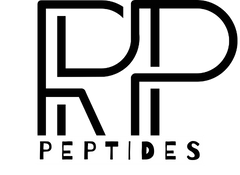
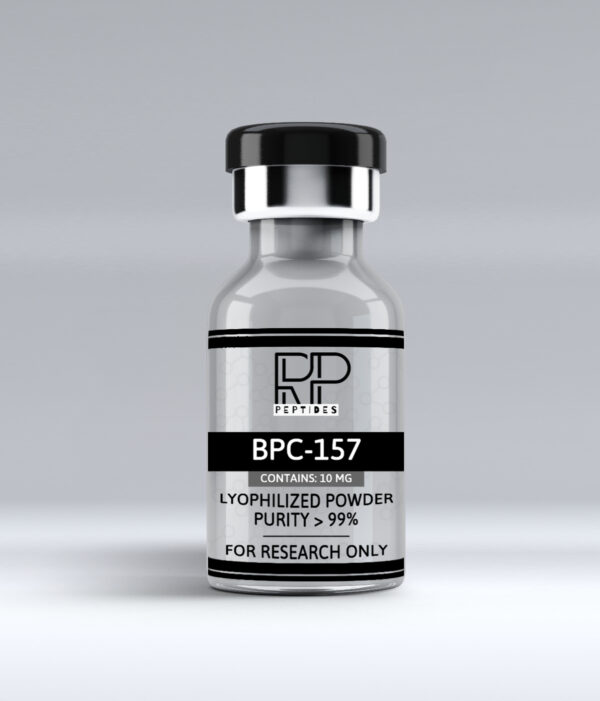
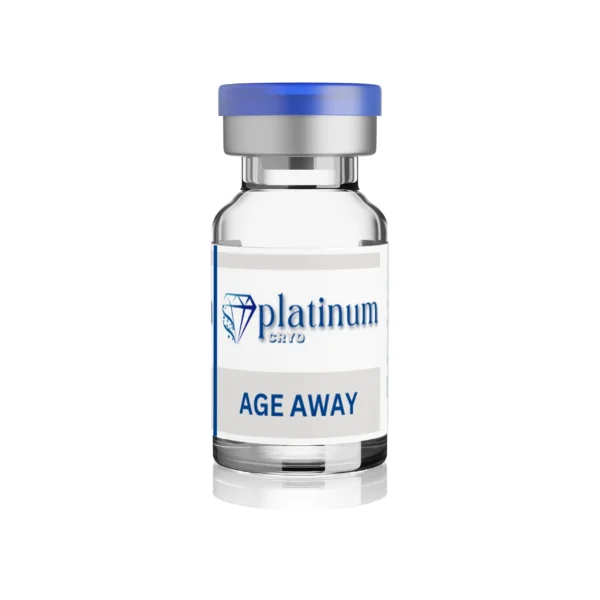
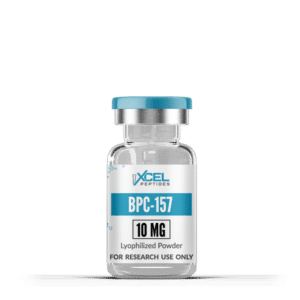
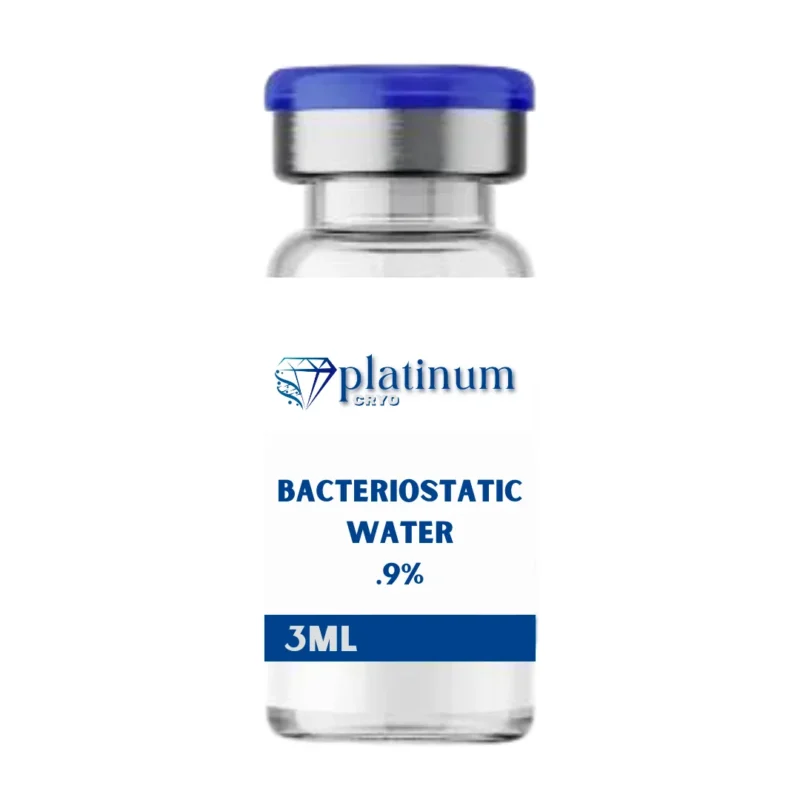
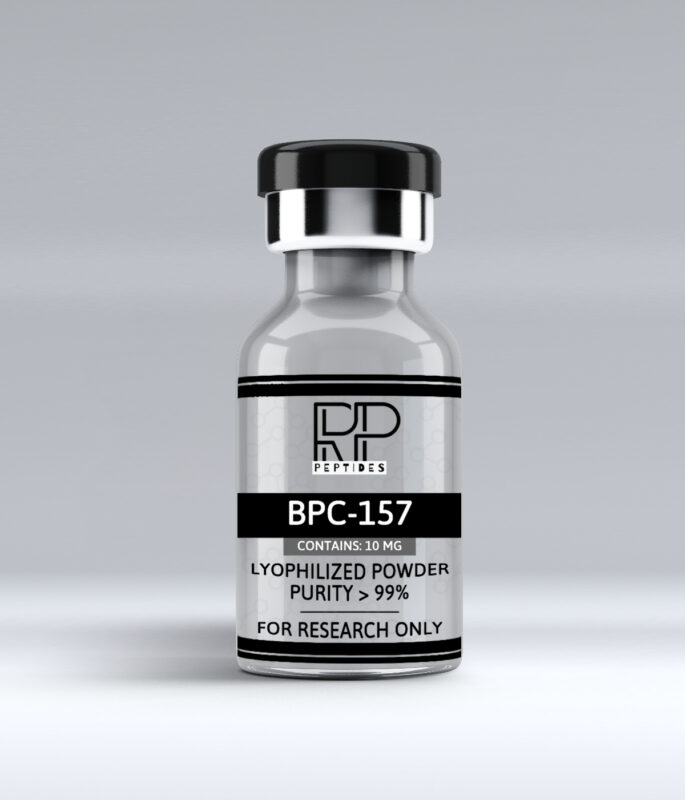
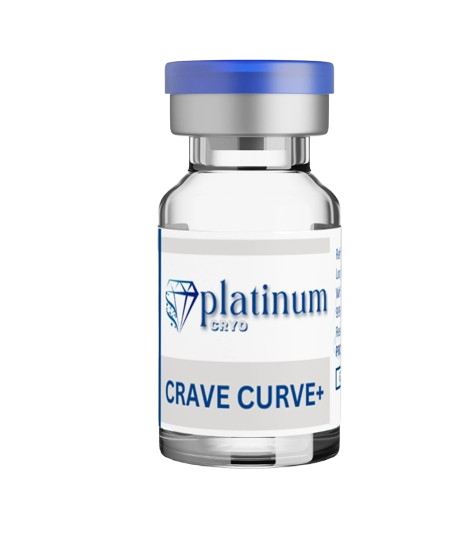
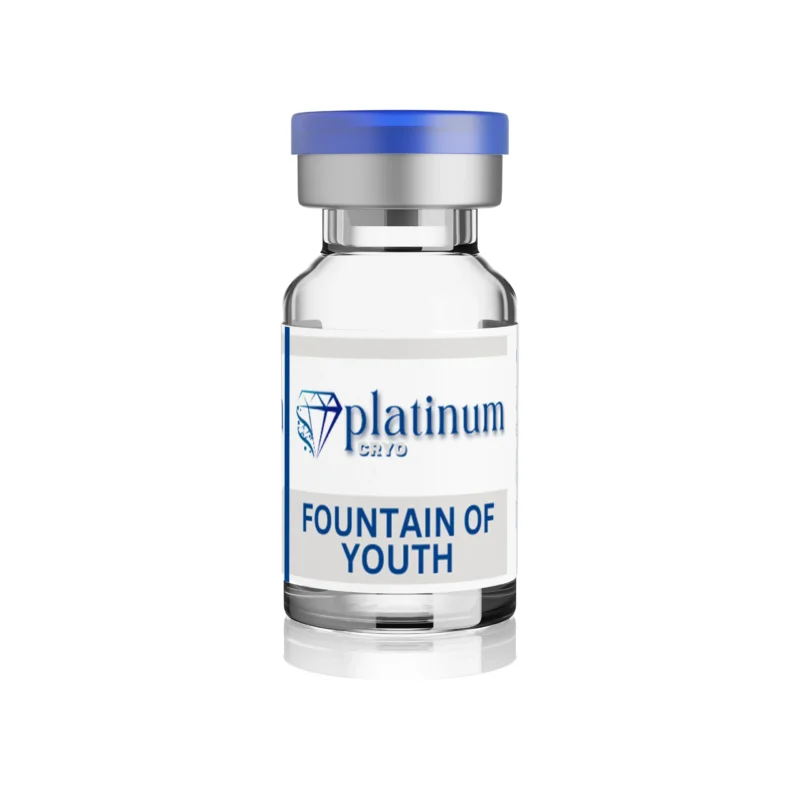
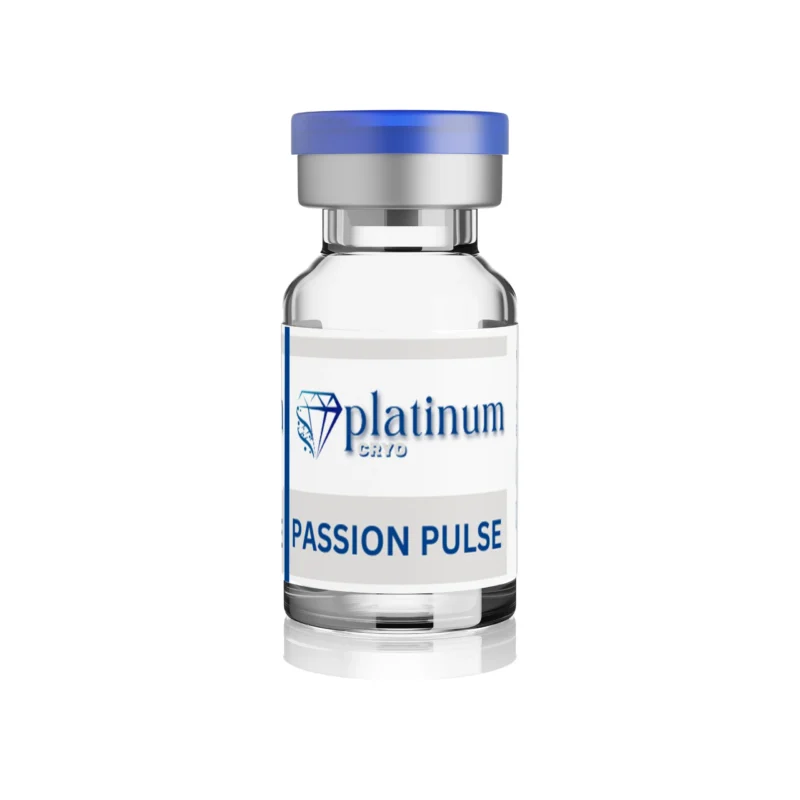
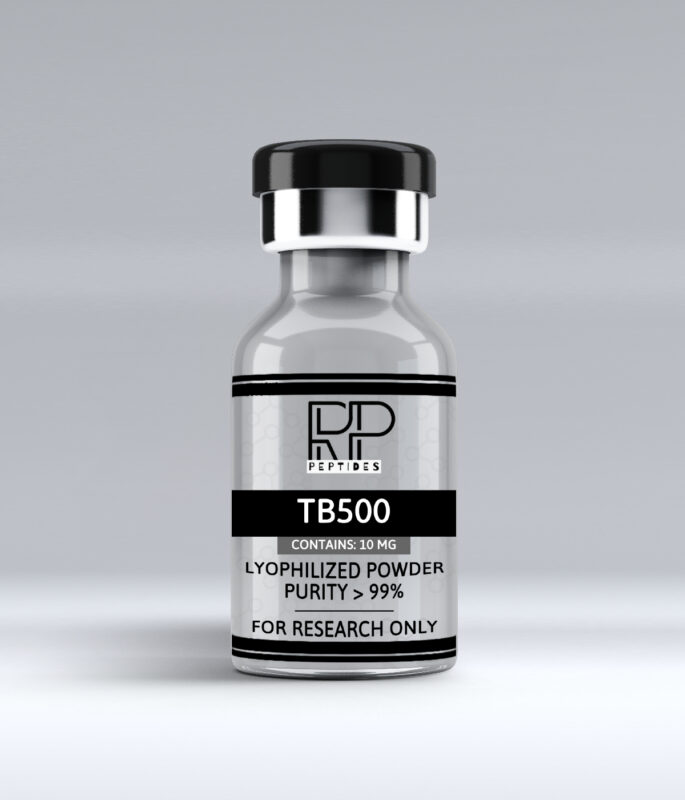
Reviews
Clear filtersThere are no reviews yet.